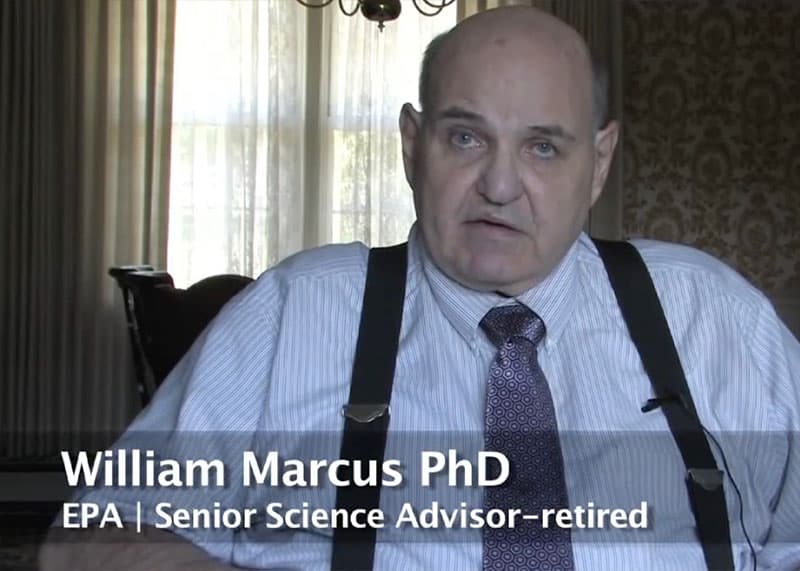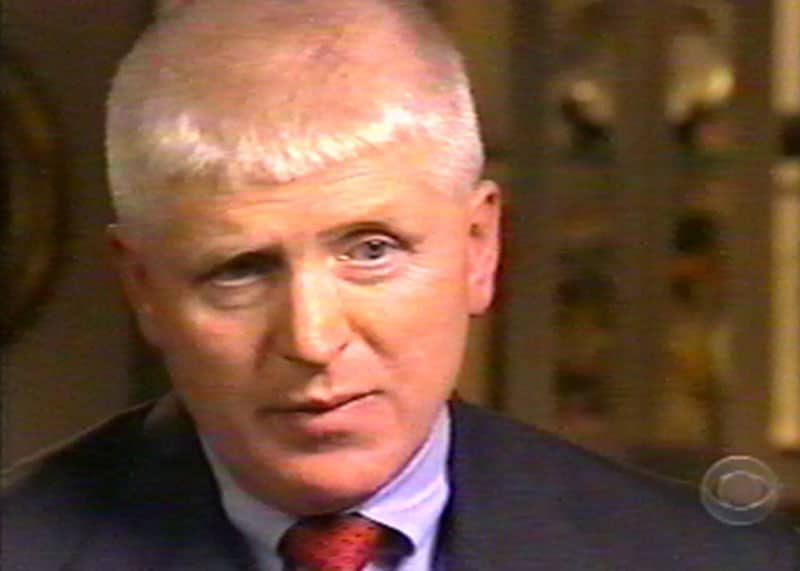A Guide to Whistleblowing for Interpreters and Translators
Due to the nature of their work, interpreters and translators are privy to confidential conversations or documents that reveal potential misconduct, such as the manipulation of financial records by a company. They may be eligible for rewards under various U.S. laws, regardless of their nationality.
February 10, 2026

This information is provided for educational purposes only by Kohn, Kohn & Colapinto and does not constitute legal advice. No attorney-client relationship is created by accessing this content. Laws and regulations may change, and this material may not reflect the most current legal developments. If you believe you have a whistleblower claim, consult a qualified attorney to discuss your specific circumstances.
Interpreters and translators who voluntarily provide the U.S. authorities with original, prompt, and credible information that leads to a successful enforcement action, may be eligible for whistleblower rewards under various U.S. programs.
Given their potential access to confidential communications and documents in corporate spaces, contracting, government, finance and foreign markets, interpreters and translators might be the first to identify red flags suggesting such fraud or misconduct.
If their information leads to successful enforcement actions, they could qualify for whistleblower rewards under various whistleblower programs.
Whistleblower Awards for Interpreters and Translators
U.S. whistleblower reward laws are among the best for incentivizing, compensating, and protecting whistleblowers. Some programs extend eligibility to both U.S. citizens and foreign nationals, as long as the violation being reported leads to the U.S. imposing sanctions against the wrongdoer.
The programs that offer rewards include:
- False Claims Act / Qui Tam Provision
- IRS Whistleblower Program
- SEC Whistleblower Program
- CFTC Whistleblower Award Program
- Anti-Money Laundering Act
Rewards are paid as a percentage of the money recovered from a qui tam lawsuit or from a claim made under the IRS, SEC or CFTC whistleblower programs. These rewards typically range between 10% and 30% of the recovered funds, with specific percentages varying by program and case circumstances. There are many factors that determine the percentage a whistleblower may be eligible to recieve.
Individuals who report violations of the Foreign Corrupt Practices Act (FCPA) by publicly traded companies – even those operating outside the United States – can be eligible for whistleblower rewards as well.
An Interpreters or Translators Unique Position
Due to the nature of their work, interpreters and translators are privy to confidential conversations or documents that reveal potential misconduct, such as the manipulation of financial records by a company. They could be the first to identify red flags that might otherwise go unnoticed.
Interpreters and translators often bridge communication gaps between individuals from different cultures or languages. This can give them a unique perspective on how information is being conveyed and potentially manipulated. They might notice inconsistencies or discrepancies in translated documents that could signal fraudulent activity.
Seeking Legal Assistance
Individuals contemplating reporting potential misconduct are strongly recommended to consult with an attorney experienced in the agency whistleblower programs and their regulations. This proactive step can ensure a thorough understanding of the program's rules and eligibility criteria, including the exceptions that may enable them to qualify for a reward.
Get in touch with our experienced whistleblower attorneys today for a free consultation. Our team, led by partners with over 35 years of experience in whistleblower representation, can provide specialized guidance on agency programs and regulations. The information you share is strictly confidential and protected under attorney-client privilege. And in most cases, we only get paid if we win your case. What do you have to lose? Contact us today!
Our Firm’s Cases

Precent Setting Case
After documenting potential cancer risks associated with water fluoridation, EPA scientist Dr. William Marcus was fired but, following a legal battle revealing evidence of collusion and obstruction, was reinstated and awarded damages, setting a precedent for whistleblower protection under the Clean Air Act and Safe Drinking Water Act.

Justice Against Retaliation
John Roberts is an FBI whistleblower who exposed misconduct in many high-profile scandals within the FBI, including the Ruby Ridge shootings, and was retaliated against after appearing in an episode of 60 Minutes.

Precedent Setting Case
Represented pro bono by Kohn, Kohn & Colapinto in Sanjour v EPA, Sanjour challenged rules written by the Federal Office of Government Ethics which restricted EPA workers’ rights to speak to environmental community groups.